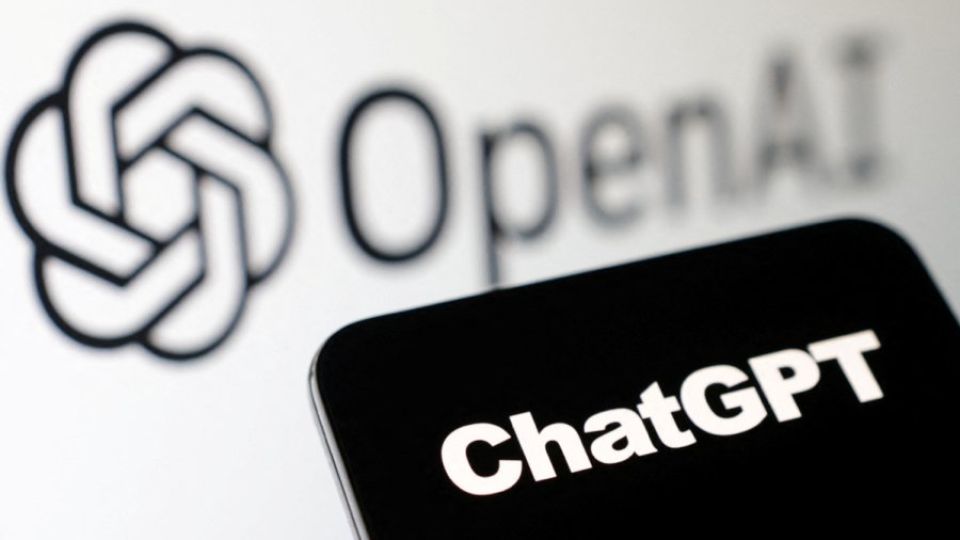February 16, 2023
BEIJING – The arrival of ChatGPT will push educators to focus more on teaching subjects that technology is not good at, a senior education expert said.
Andreas Schleicher, director of education and skills for the Organisation of Economic Co-operation and Development, said he actually welcomes this development and thinks it gives people the chance to concentrate less on tasks that technology can perform equally well.
“The future is not about technology versus humans. The future is about integrating technology with humans,” he said. “ChatGPT pushes us to think harder of what makes us human.”
What is very clear is that the kinds of things that are easy to teach and test have also become easy to digitize, he said in an interview with China Daily on the sidelines of the World Digital Education Conference.
“The world no longer rewards you just for what know. Baidu knows everything,” he said. “The world rewards you for what you can do with what you know, and I think ChatGPT pushes us to work harder on this.”
If students are only as smart as a smartphone, it means educators are not doing enough, he said. People should focus on developing human skills that actually are important, such as imagination and creativity, he said.
The arrival of artificial intelligence really pushes people to think hard about what education is and the purpose it serves, as well as what knowledge, skills attitudes and values humans possess that complement artificial intelligence, he added.
While search engines such as Google or Baidu simply extract knowledge, ChatGPT goes a step further and analyzes a search before providing people with a single answer.
Schleicher said he thinks the chatbot will become a very powerful tool in the development of education, he said.
He added that young people should learn to understand the algorithms.
“If you do not understand an algorithm, you will soon become the victim of that algorithm,” he said. “There’s a great risk that we’ll just slavishly follow the answers that we get from ChatGPT rather than question it and create new knowledge.”
A very important implication for education is to make young people ready to navigate ambiguity, manage complexity, distinguish fact from opinion and understand computational thinking as well as the ideas and nature of algorithms, Schleicher said.
As a device, ChatGPT is going to make learning much more interesting and powerful, but as a purpose and objective, humans need to work very hard to win that race with technology, he added.


